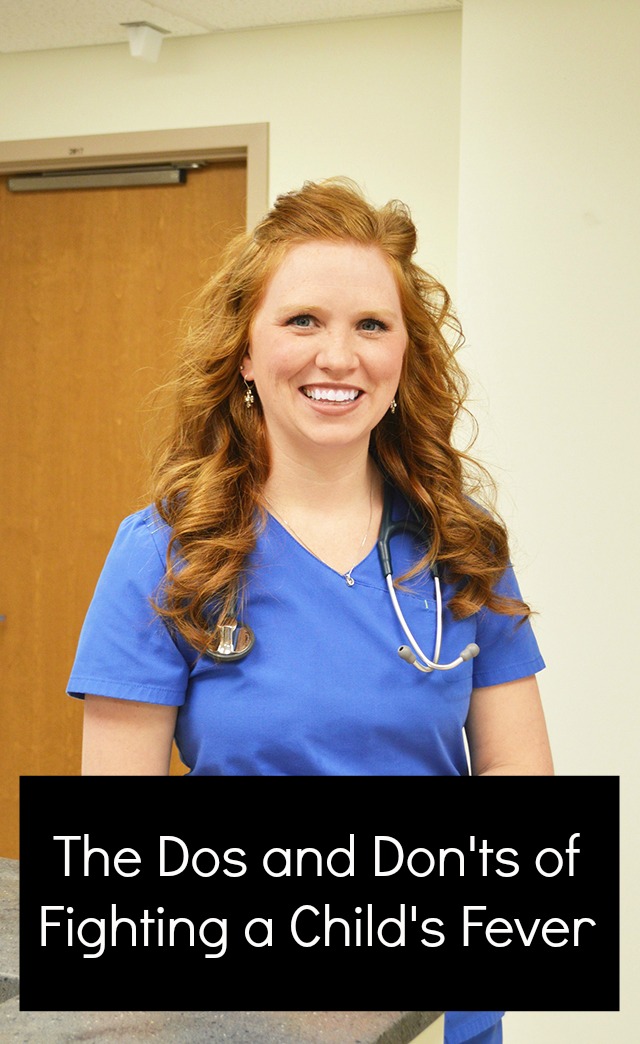When your child’s temperature rises, you worry. But a fever is a sign that the body is battling germs. In fact it can be beneficial by kicking the immune system into high gear and creating a less-than-ideal environment for illness to thrive.
When to Worry: Fever
DO Focus on Your Child, Not the Number That’s on the Thermometer.
You don’t have to get rid of the fever if your child is otherwise playful, eating well and acting okay. Acetaminophen is approved from infancy on; ibuprofen, for babies over 6 months. (Ask your healthcare provider about treating a newborn under 3 months.) Check the label for the correct dosage; always base it on your child’s weight, not her age.
DON’T Starve a Fever.
Ignore the old saying, “Feed a cold, starve a fever.” Children with a fever may be less hungry than normal, but when they do want to eat, offer a generally healthy, well-balanced diet. Nourished kids may be better able to fight infections.
DO Keep Him Hydrated.
Fever sweats can dehydrate a child, so offer lots of water or, for vomiting and diarrhea, an electrolyte drink.
DON’T Underdress (or Overdress) Your Child.
It’s natural for a kid developing a fever to want to be dressed more warmly than others in the room and a child breaking a fever will want to cool down, but do not to overdo it either way.
DO Consider Using a Lukewarm Compress.
If your child is vomiting and unable to keep medicine down, fill your tub with an inch or two of tepid water and use a washcloth to dribble it over your child’s trunk, arms, and legs to help lower her core temperature.
3 Things To Consider Before Calling the Doctor
- How Old is Your Child?
Generally, the younger she is, the more worrisome a fever is. Call your healthcare provider if your baby is newborn up to 3 months and has a fever of 100.4°F or higher; your 3 to 6 month old has a temperature of 102°F or higher; or your child older than 6 months has a fever of 103°F or higher. - How Long Has He Had the Fever?
For a baby 3 to 12 months, call for any fever 100.4°F or higher that lasts more than 24 hours. Call if the fever lasts two or more days with no improvement in a child between 1 and 2 years and for kids older than 2 if it hasn’t improved after three days. - Are There Other Symptoms?
Call if you spot certain signs that suggest an illness requiring more treatment, like strep throat, an ear infection or a urinary-tract infection. These include: repeated vomiting and/or diarrhea, severe ear pain, headache and/or sore throat, stiff neck, listlessness, trouble breathing, unexplained rash, signs of dehydration (fewer wet diapers, decreased or no tears.)
– Leslie

